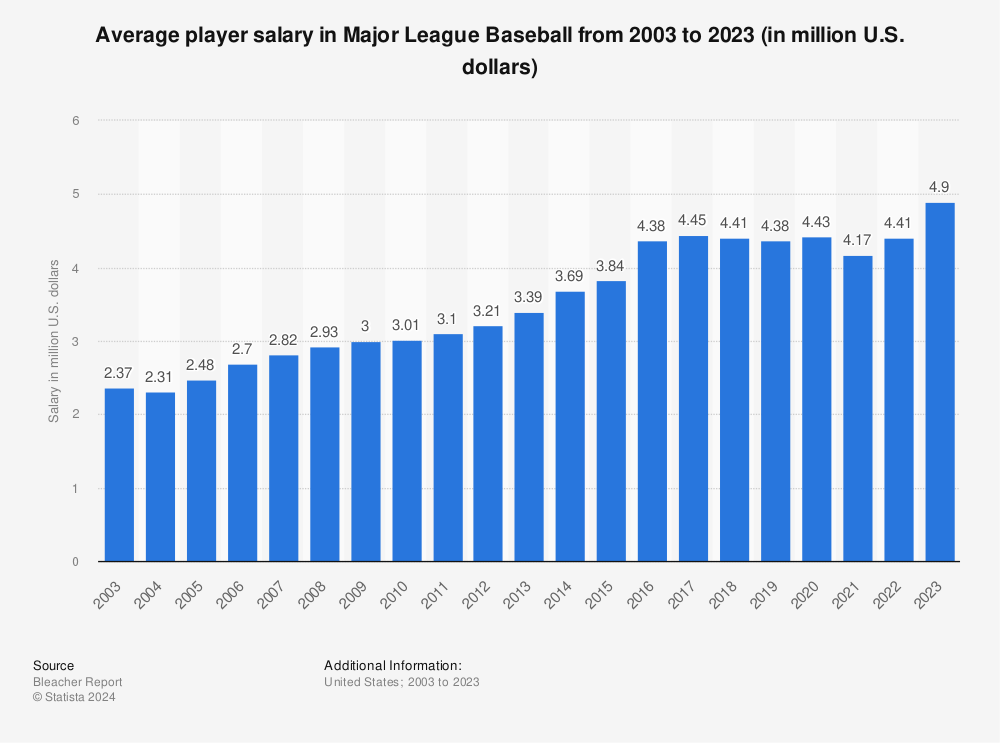I disagree. The players are the driving force of a ~ $10.7 B industry where payroll used to be about half... OTOH ownership is drawing more of its money from areas other than butts in seats. If the players don't agree to terms, ownership stands to loose a lot more from TV contracts, real estate ventures, etc (to say nothing of doing lasting damage to the perception of a game that is already having a hard time engaging a younger and more diverse populace).
It's been pretty clear that ownership wants to test the union and see how far they can go, so we'll see.
It's been pretty clear that ownership wants to test the union and see how far they can go, so we'll see.


